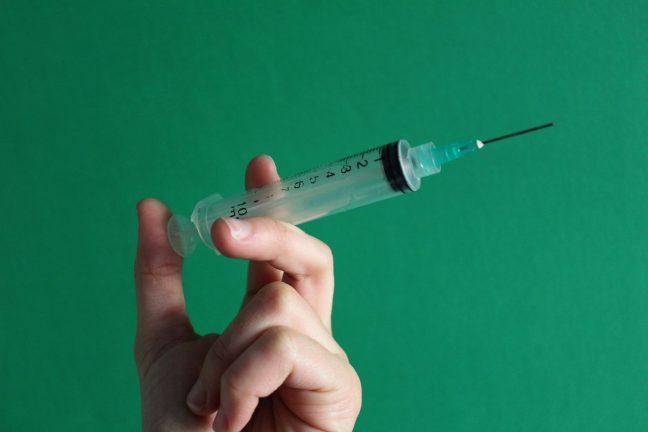As part of the Crossroads of Ideas lecture series, UW professionals discussed transmission of and responses to COVID-19 on Tuesday, during a virtual panel live streamed to the public.
Associate Professor of Population Health Sciences Ajay Sethi said two big unknowns are currently challenging the efforts to cope with COVID-19.
The first unknown is on testing. Sethi said criteria for testing has been highly restrictive so far and has focused mainly on people with symptoms. Even though things have been improving over time, testing criteria still needed to be broadened and testing itself needs to expand much further.
“As a result [of the restrictive criteria for testing], we really don’t know how many people in the community actually have COVID-19 or have had it in the past,” Sethi said.
UW researchers work amidst coronavirus pandemic to develop vaccine
The second unknown, Sethi said, was on the sustainability of the state’s stay-at-home order.
“Wisconsin’s safer-at-home order is due to expire in ten days on April 24,” Sethi said. “If it is not extended, or an alternative equally effective solution is not put in place, we are at risk of a second wave of COVID-19.”
When being asked when life will be able to return to normal, Health Geography assistant scientist Malia Jones said it was still largely unknown and achieving herd immunity, where a large proportion of the population is immune, would be the ultimate solution to control COVID-19.
UW employees help produce protective equipment to combat shortages
Jones said the safe way to achieve herd immunity is through vaccines. Vaccine development for COVID-19 is currently in progress, but how long the process is going to take is largely uncertain.
“[Vaccine development] will be a while, and I would say at least 18 months and maybe longer,” Jones said.
Jones said this process often takes a long time because of the clinical trials needed before releasing the vaccines to the public.
UW Health receives face shields, hand sanitizer from UW faculty, local companies amid pandemic
Jones also said the rapid responses from the scientific community in approaching the crisis was unprecedented, and the ingenuity of the scientific community would eventually help the public successfully manage the pandemic.
The panel was moderated by Kelly Tyrrell from UW Communications and also featured Pathobiological Scientist Kristen Bernard, Interim Director of American Family Insurance Data Science Institute Brian Yandell and the Director of Grainger Engineering Design Innovation Lab Lennon Rodgers.














